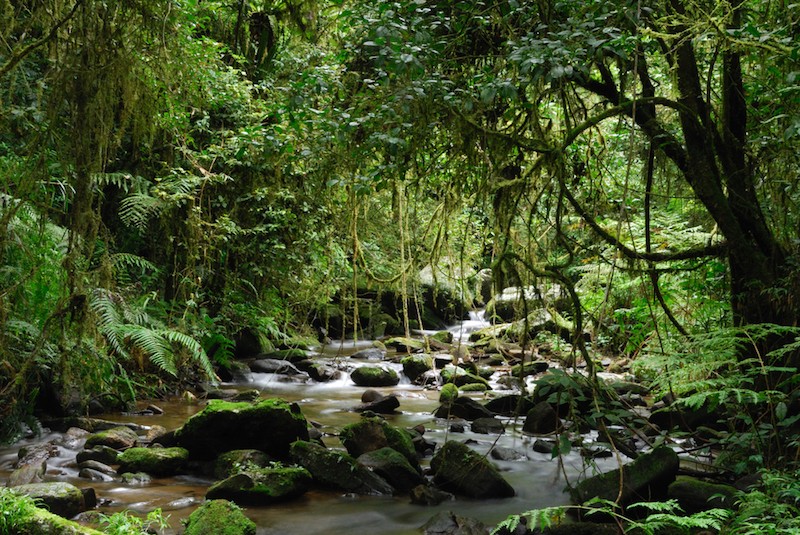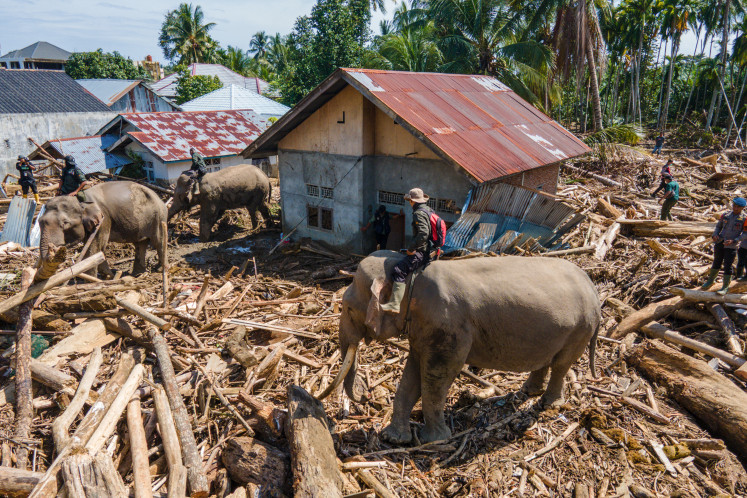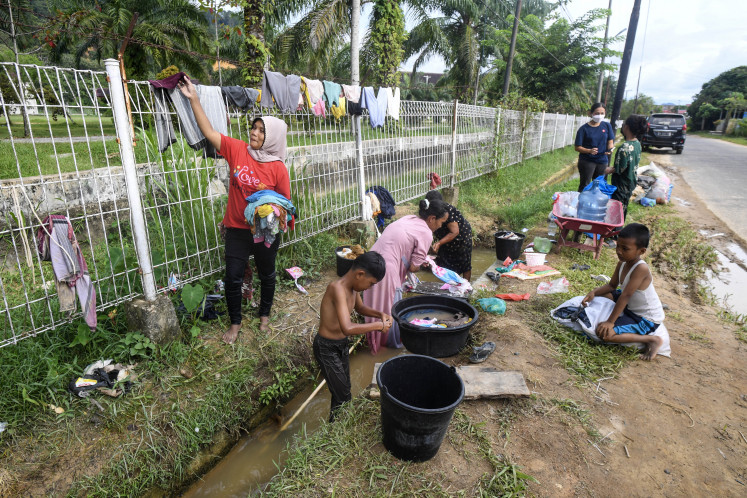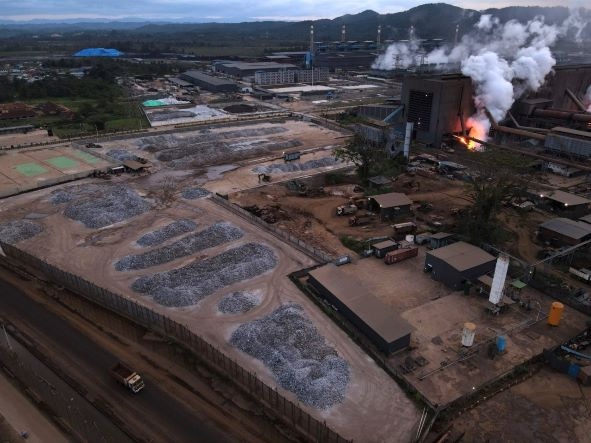Popular Reads
Top Results
Can't find what you're looking for?
View all search resultsPopular Reads
Top Results
Can't find what you're looking for?
View all search resultsMadagascar guides fret about the future as loggers destroy forests
Change text size
Gift Premium Articles
to Anyone
I
n Vohibola forest in the east of Madagascar, tourist guide Nabe worries about his future as slash-and-burn farming and decades of logging slowly destroy his livelihood.
"In 2017, loggers set fire to this reserve and roughly 20 percent or more of the forest got burned, so we found that several animal species were burned to ashes in it," he said.
Known for its towering rainforests, lemurs, chameleons, poisonous frogs and plants, Madagascar is a biodiversity hotspot. More than 80 percent of the mammals on the world's fourth-largest island are found nowhere else.
Eco-tourism forms the backbone of the country's $390 million-a-year tourism industry, but Nabe is worried that deforestation is already affecting the industry and the communities who largely depend on it to earn a living.
Rampant logging continues to destroy both plant and animal life in the island's forests, and exotic creatures such as the Stumpffia pygmy frog, one of the world's smallest amphibians, remain under threat.
Researchers also warn that the country's famous lemurs are increasingly facing the risk of being wiped out.
Communities are being encouraged to play a more active role in protecting the country's biodiversity by looking out for illegal activities in forests.
"It's an entire tree here, the trunk is there, the top is here, and they only took one meter fifty (1.5m), two metres on the tree only, that's all, the rest is a loss," said Stephan, a tourist guide.
Read also: Balancing forests against livelihoods
"There were 30 loggers here, and we have seized the illegally logged wood. This is evidence of deforestation," added Jean Paul, a guide and member of a community conservation group.
The local community is also working on various conservation projects including gathering seeds for a tree nursery and eventually replanting trees to grow the forest cover.
The government has imposed logging bans in the past to try to protect woodlands around the country, but the authorities have struggled to curb the illegal wood trade.
At least 90 percent of the island's natural ecology - its unique flora and fauna that scientists attribute to Madagascar being separated from other land masses for more than 160 million years - has reportedly been destroyed so far.
Conservationists say there is a lack of proper regulation in forestry management, aimed at helping save the forests.
"Last year it was 510,000 hectares - really a first in the world. Of course, Brazil has more than 4 million hectares that disappeared but for Madagascar it was 4 percent of Madagascar's natural forests that disappeared in one year," said Njato Razakamanarina, chairman of the group Alliance Voahary Gasy Environmental.
"This really shows a lack of willingness but also corruption, because the curve of corruption will align with the deforestation curve in Madagascar," said Razakamanarina.











